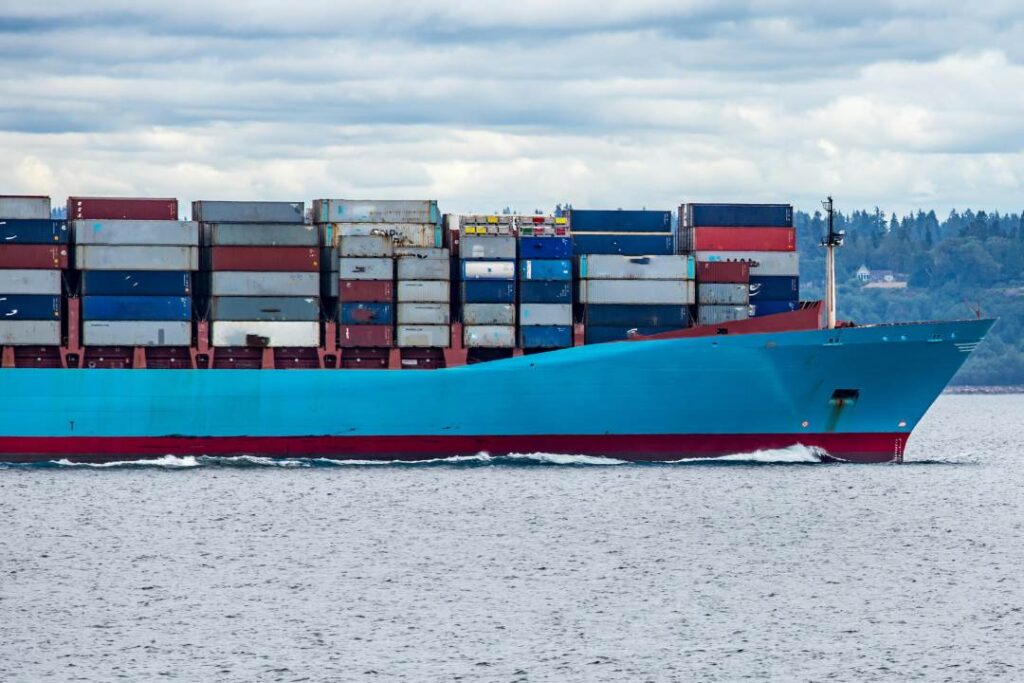The European Union’s (EU) effort for greener energy might substantially impact the worldwide liquefied natural gas (LNG) market. While LNG is presently excluded from the EU’s carbon border tax, the group is considering incorporating it, which might result in a two-tiered market with higher costs in Europe.
The EU introduced its carbon border adjustment mechanism (CBAM) in October 2023, focusing on specific industries such as steel and aluminium. While LNG is not now included, the union has expanded its Emissions Trading Scheme to shipping, which means that LNG deliveries in Europe will be subject to a carbon tax beginning in 2024.
This increases the likelihood of a future LNG tax based on carbon emissions. Analysts predict the EU may include LNG in CBAM, resulting in a major pricing gap between Europe and growing Asian economies such as China and India, which are unlikely to levy such levies.
However, the EU is facing a balancing act. The union heavily relies on LNG imports, and a significant tax increase could jeopardise energy security. The query still stands: Can Europe balance its climate aims with the requirement for reliable energy sources?
This proposed levy might assist LNG exporters with fewer emissions, such as Qatar, who are contemplating significant capacity development. However, high European pricing may draw such producers away from Asian markets.
Conversely, high-emission producers like the United States would be pressured to lower emissions to remain competitive. The extent and scale of future tariffs will ultimately determine the effectiveness of broader emission reductions in the LNG business.
A tax enforced unilaterally in Europe would not reportedly result in large-scale decarbonisation. Instead, it may simply result in a split LNG market.
The EU’s decision to include LNG in its carbon border tax will have a worldwide impact. The LNG market’s future is uncertain as the bloc grapples with its climate aspirations and energy requirements.
Source: ESG Times
































